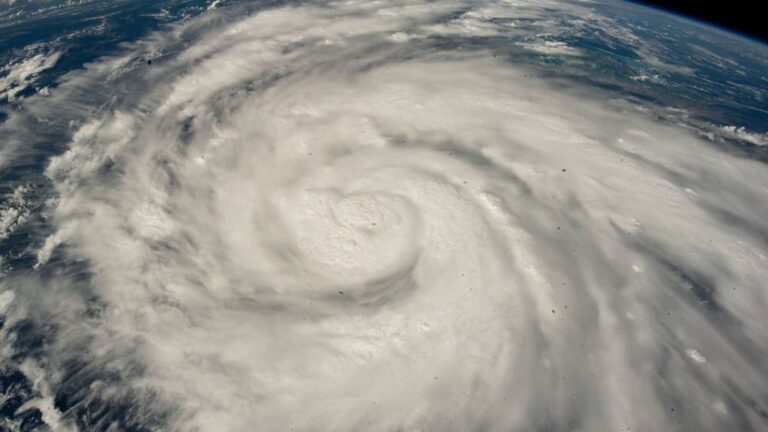Tips and Advice
It Feels Like Home!
Hurricane Development in Florida
Hurricane Development in Florida - How Hurricanes Develop
Hurricane development in Florida is a common concern during the Atlantic hurricane season, which runs from June 1 to November 30, peaking in August and September. Florida is particularly vulnerable due to its long coastline, warm ocean waters, and flat terrain.
How Hurricanes Develop:
-
Warm Ocean Water: Hurricanes form over warm waters (at least 80°F / 27°C), which are abundant around Florida, especially in the Gulf of Mexico and the Atlantic.
-
Low Wind Shear: Low vertical wind shear allows storms to organize and intensify.
-
Moist Atmosphere: A humid environment helps sustain thunderstorms within the storm system.
-
Disturbance or Trigger: Tropical waves from Africa, stalled frontal boundaries, or remnants of other systems can kick-start development.
Common Patterns Affecting Florida:
-
Cape Verde Storms: Start near Africa and may strengthen into major hurricanes as they cross the Atlantic.
-
Gulf-Origin Storms: Can form quickly and intensify rapidly before hitting the Gulf Coast, including Florida.
-
East Coast Storms: May brush or directly strike Florida from the Atlantic side.
-
Caribbean Systems: Often move northward into Florida, especially later in the season.
Recent Trends (as of 2024):
-
Increased frequency of rapid intensification, making preparation harder.
-
Warmer sea surface temperatures are fueling stronger storms.
-
Florida has seen multiple landfalls in recent years, including Hurricane Ian (2022) and Hurricane Idalia (2023).
When Should You Prepare to Evacuate
You should start preparing to evacuate when:
-
A Tropical Storm or Hurricane Watch is issued (possible impacts within 48 hours).
-
You live in:
-
A storm surge evacuation zone.
-
A mobile or manufactured home.
-
A flood-prone or low-lying area.
-
-
You or someone in your household has special medical needs.
-
Your county emergency management recommends early preparation.
This means:
-
Check evacuation routes.
-
Gather important documents, medications, food, and water.
-
Fuel your vehicle.
-
Know where you’re going (shelter, hotel, friends/family outside the zone).
When Should You Evacuate?
You should evacuate immediately when:
-
A mandatory evacuation order is issued for your zone or area.
-
Your home is unsafe to withstand a hurricane (e.g., near the coast, weak structure).
-
There’s a Category 3 or higher hurricane expected to make landfall nearby and you’re in a vulnerable zone.
Do not wait until the last minute, as roads will clog, and fuel and supplies may run out.

